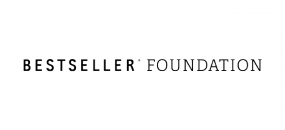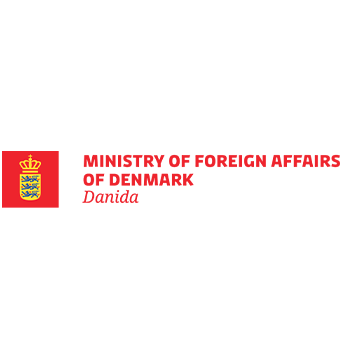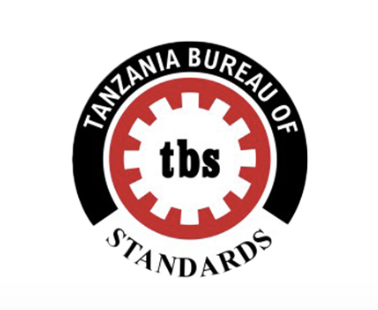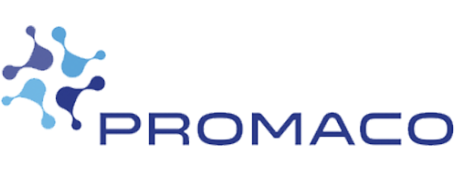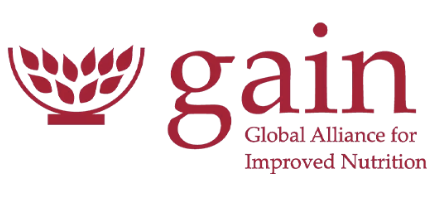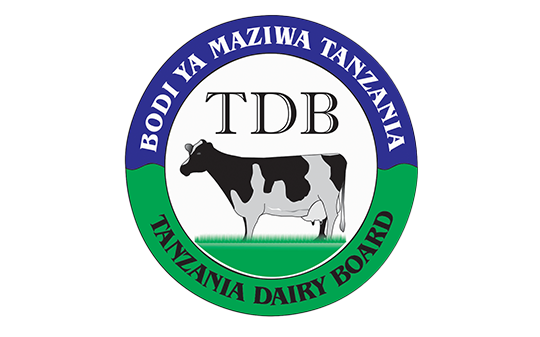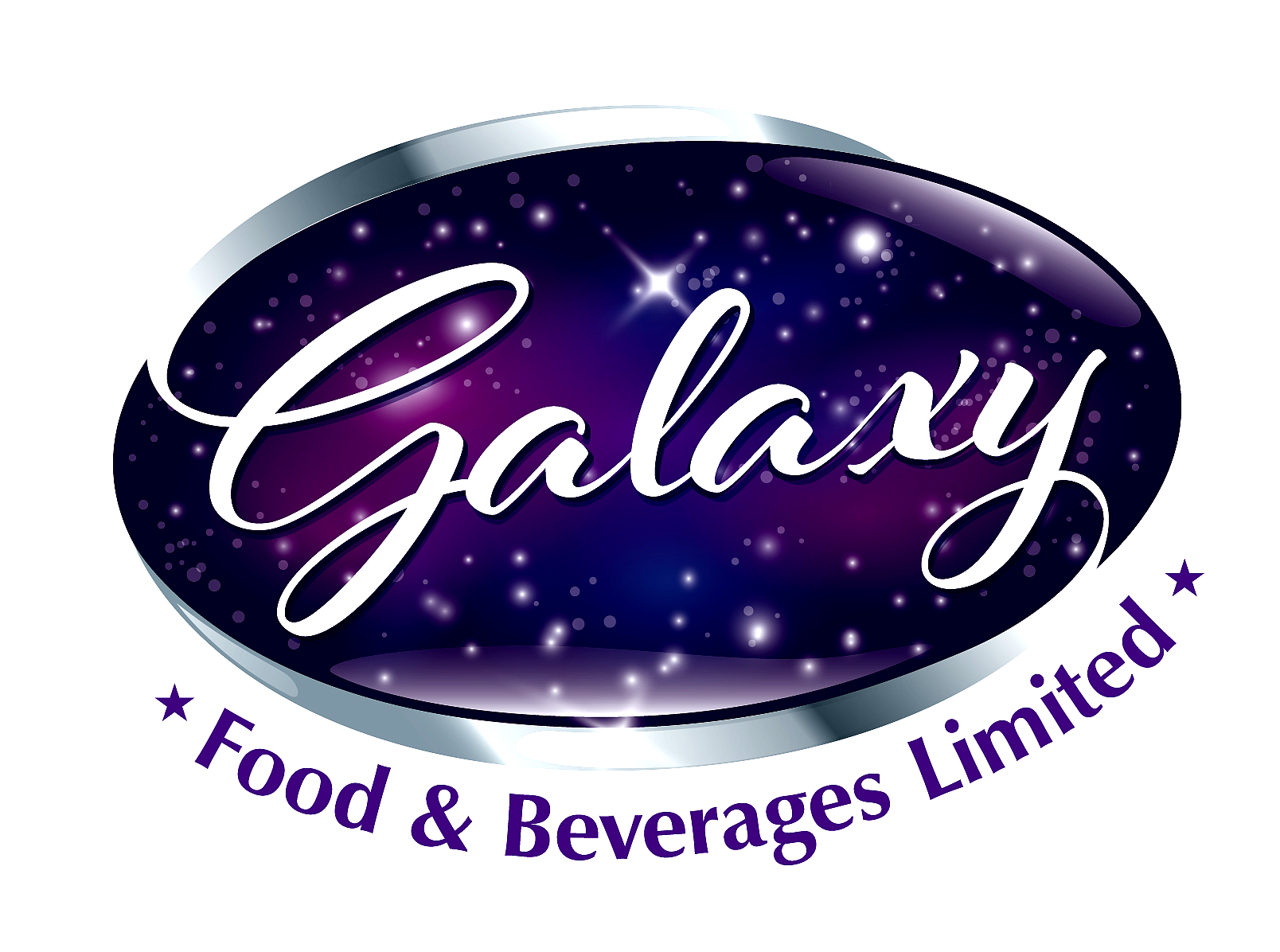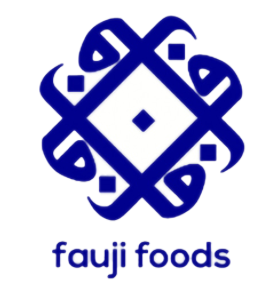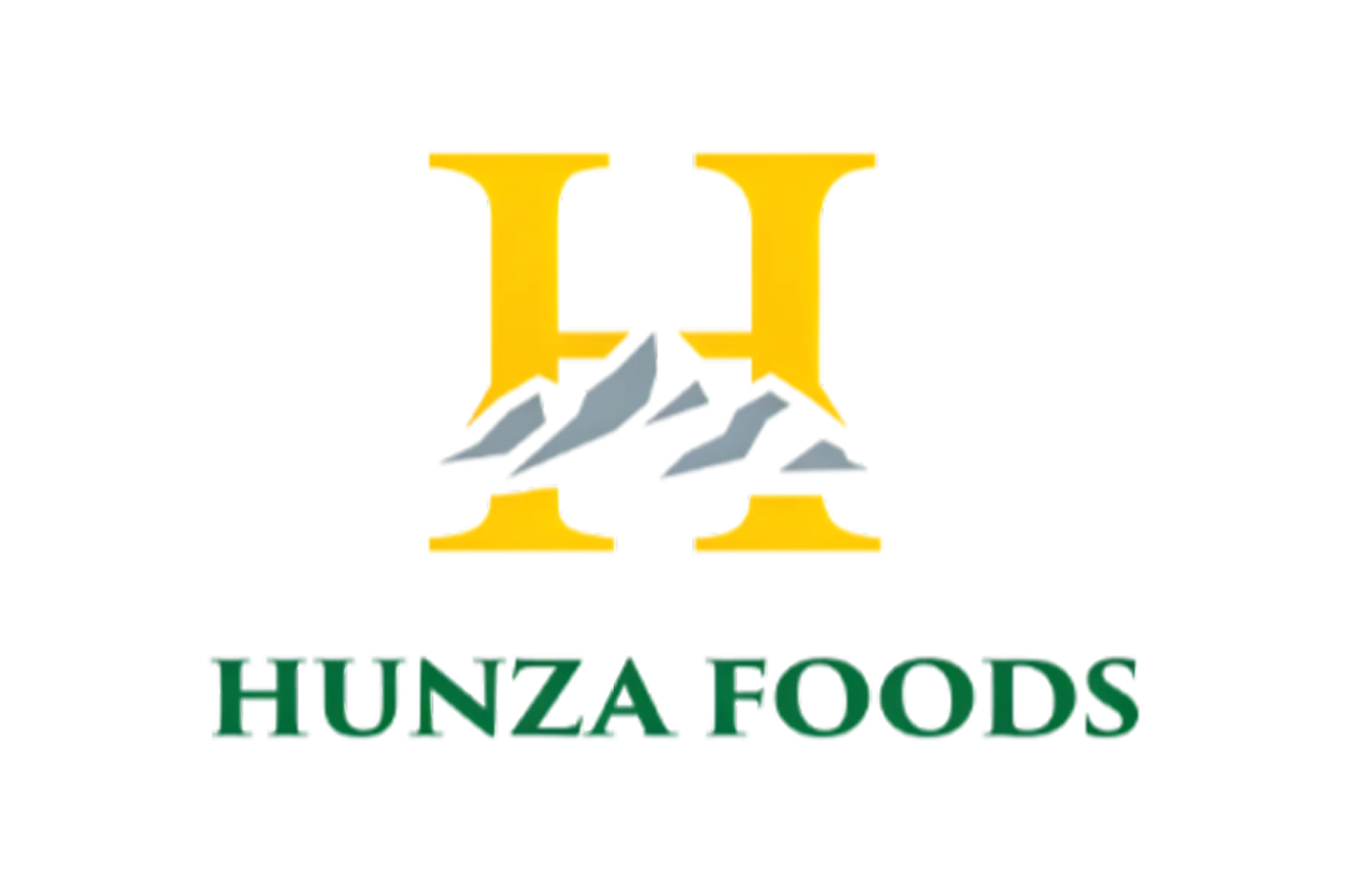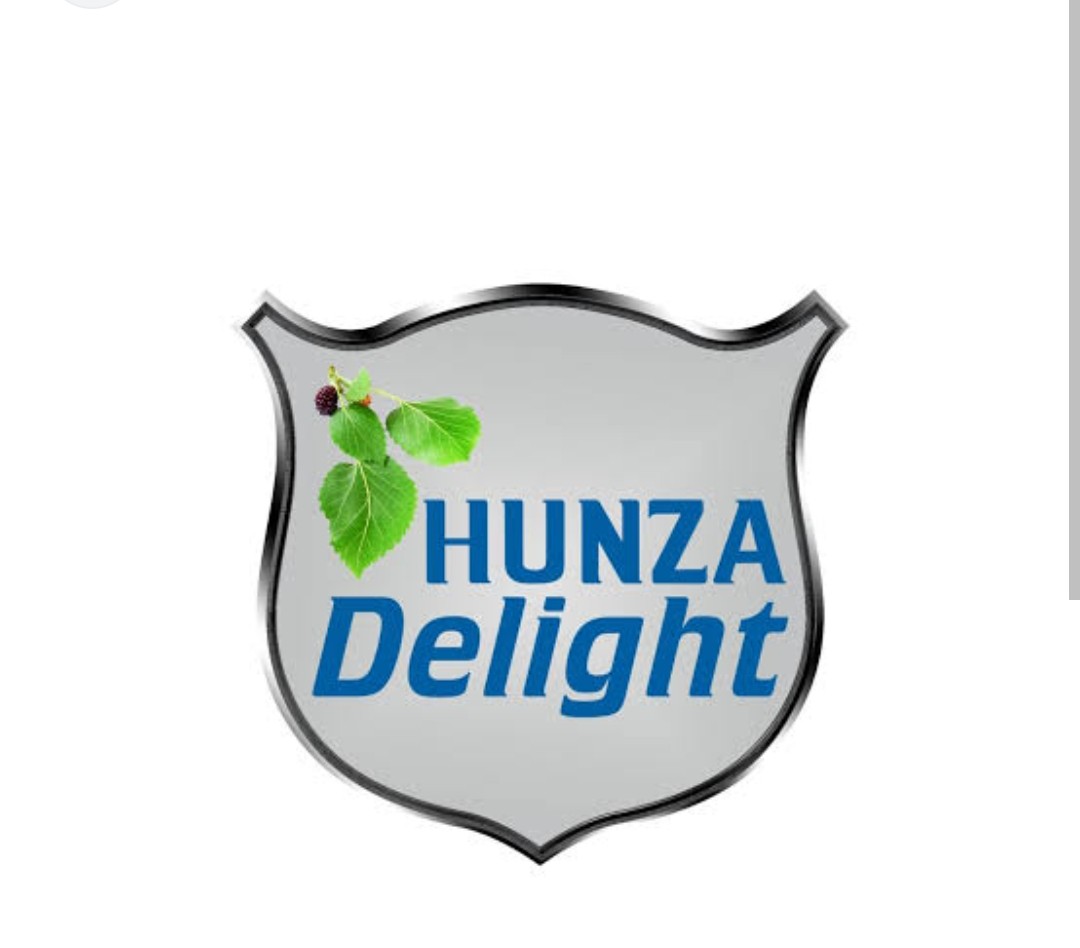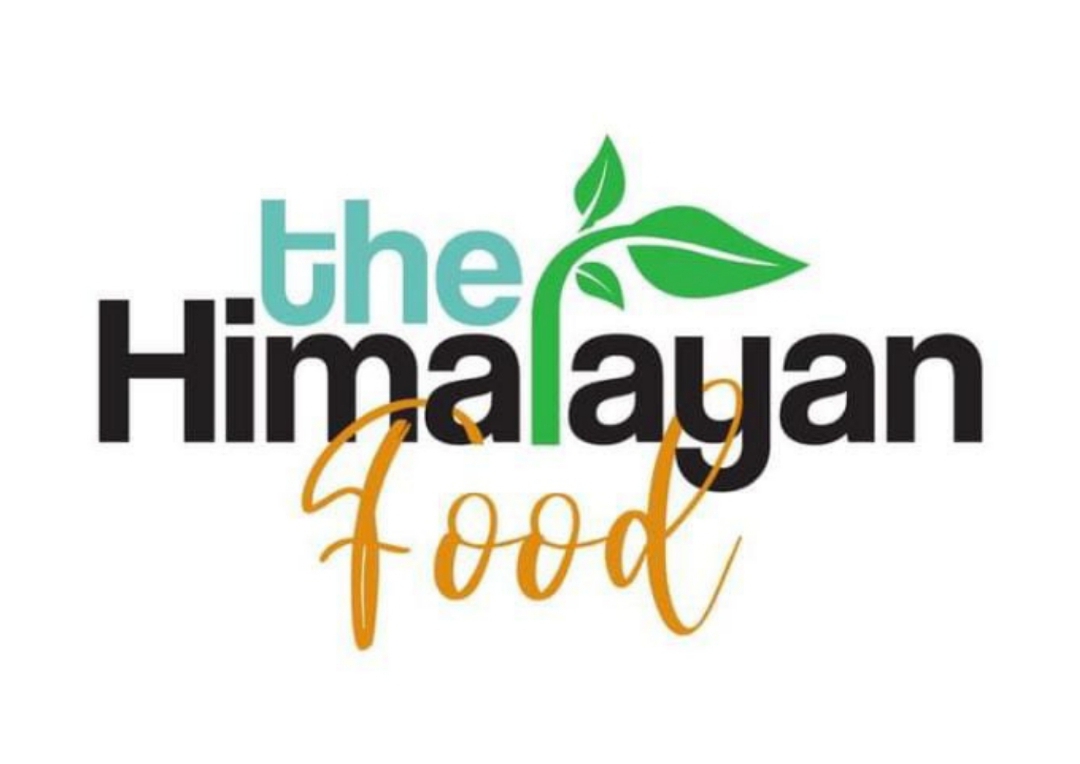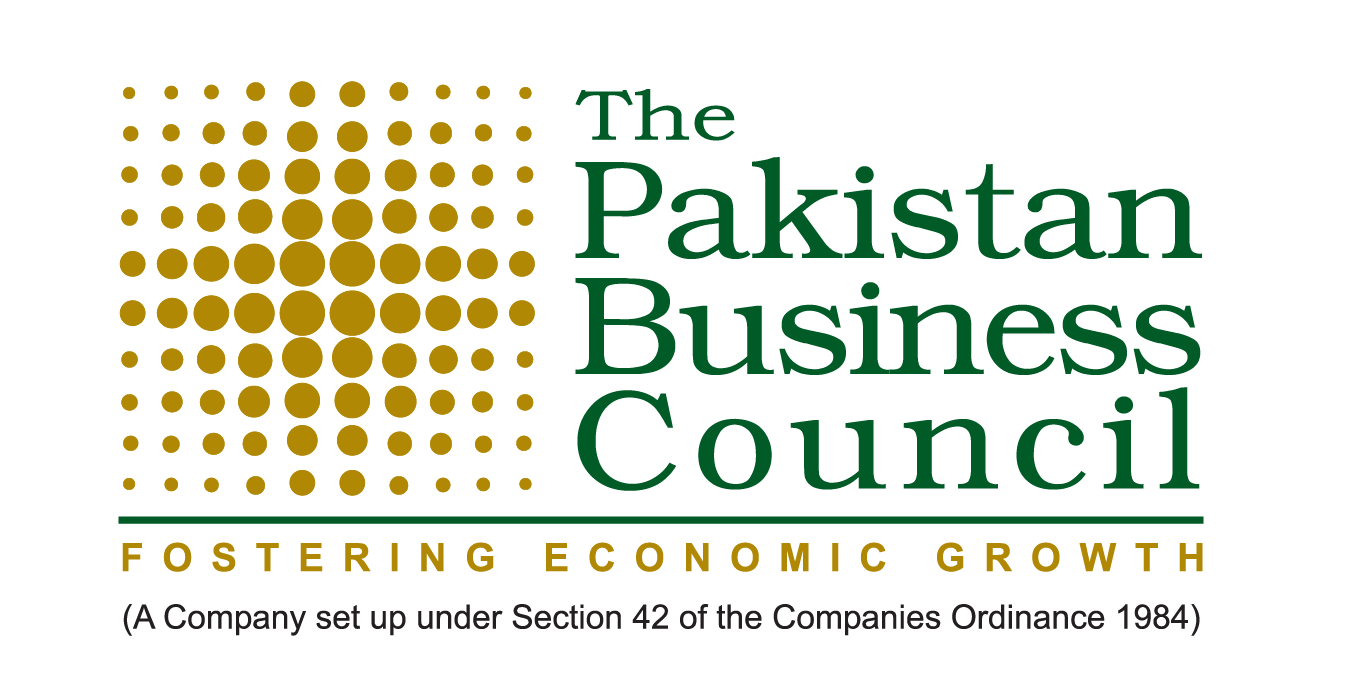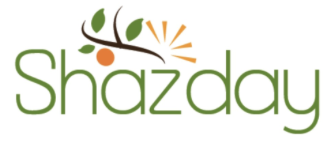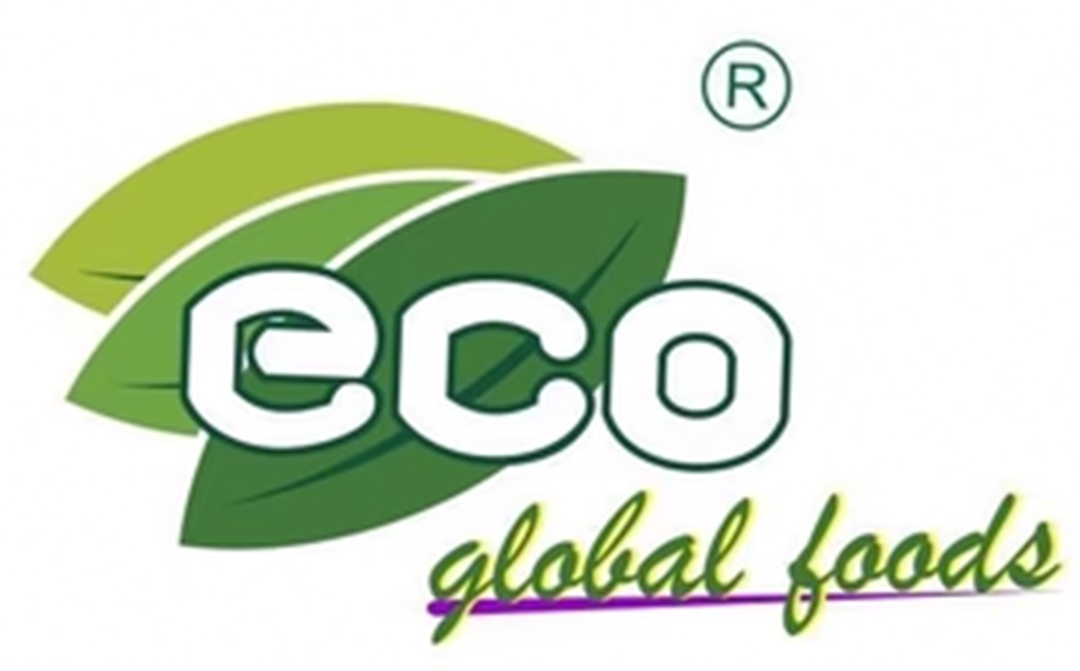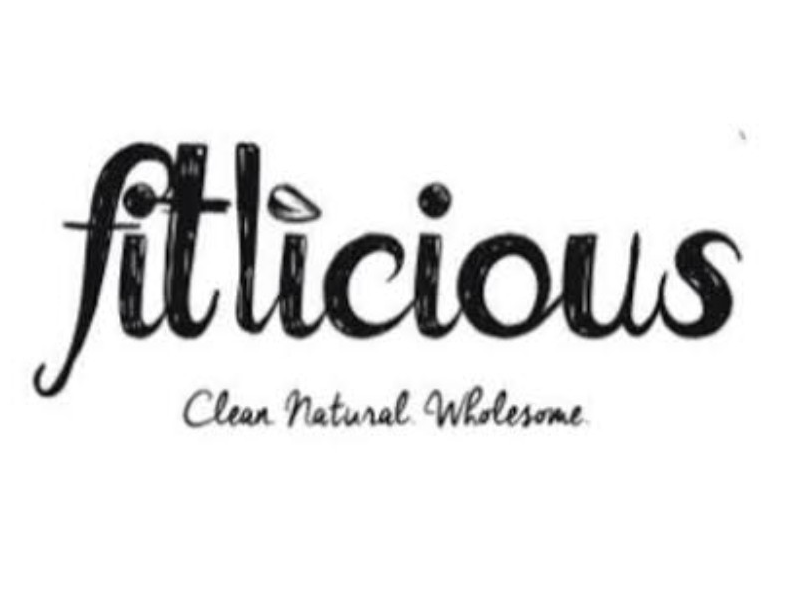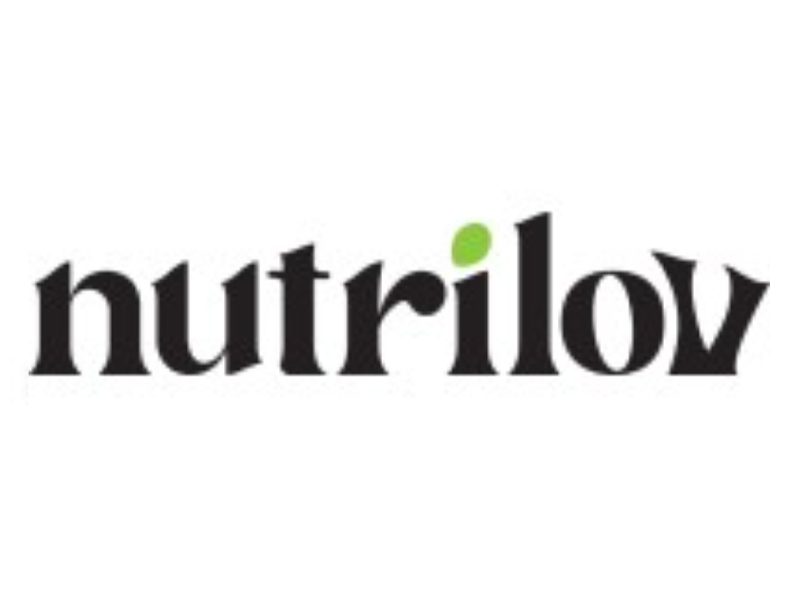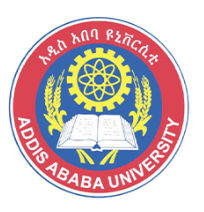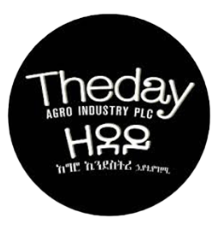Enhancing Nutrition through Multi-Sector Collaboration
Established in 2014, the GAIN Nordic Partnership serves as a pivotal multi-sector platform dedicated to improve sustainable assess of nutritious foods to low-income consumers.
This partnership leverages the strengths of private companies, government agencies, civil society organisations, and universities to create scalable, inclusive business models. Our ultimate goal is to deliver nutritious, safe, tasty, and affordable products to vulnerable groups most at risk to malnutrition. Responsible Business Conduct (RBC) and co-development for local context are cornerstones approaches for the GAIN Nordic Partnership. All product concepts are open source, and the partners encourage other companies to be inspired by these solutions and adapt them to their own processes and markets. SUN Business Networks in the various countries are key to ensure enhanced reach to SMEs for the benefit of their growth and provide good nutritional alternatives to low-income consumers.
Founding Partners and Support
The founding members include Arla Foods Ingredients (AFI), the Danish Industry (DI), DanChurchAid (DCA), Tetra Pak, and GAIN, with financial and technical backing from private foundations, government development agencies. Local and global private companies invested in the projects.
Initiatives
Our work in Ethiopia, Tanzania, Pakistan, and Zambia develops sustainable supply chains for nutritious and affordable food products. The focus until now has been on dairy-based products and dried fruits to prevent waste.
Tanzania
Access to Better Dairy Project
Project period: 2 years (2022 – 2023)
Like in many developing countries, a large part of the Tanzanian population suffers from micronutrient deficiencies and has limited access to nutritious and affordable foods. Tanzania is experiencing a growing demand for dairy products, an opportunity to improve the nutrition status of the growing population (3% annual increase). Enthused by earlier work of the key global partners in Ethiopia, where the first-ever fortified yoghurt standard was developed, a consortium of international partners was established in 2021 to support commercial and for-profit partners to develop an affordable fortified yogurt in Tanzania. The consortium includes Galaxy Foods (Kilimanjaro Fresh), Global Alliance for Improved Nutrition (GAIN), Arla Foods Ingredients (AFI), Promaco, DSM, and the Scaling-up Nutrition Business Network (SUN) in Tanzania, in close collaboration with the Tanzanian Dairy Board and Tanzania Bureau of Standards. The project supports the following UN Sustainable Development Goals (SDGs): 2 “End Hunger,” 8 “Decent Work and Economic Growth,” 12 “Responsible Consumption and Production,” and 17 “Partnership for Goals.” Today, there is a standard on fortified yogurt and a fortified yoghurt drink targeting children, thanks to the project.
Partners
Video
Resources:
Download the Fortified Yoghurt Project Brief
Pakistan
Whey2Value Project
Project period: 5Years- 2024 - 2029
In a recent study, data collected from 68 cheese processing units, including 21 commercial producers, 16 SMEs, and 31 cottage units in cities of Punjab Province, Pakistan, indicated that Annual whey production: is 442 million liters/annum, out of which 257 million liters (58.14%) of whey is being wasted.
The Whey2Value project aims to “valorise dairy waste streams to reduce environmental impact and support sustainable business growth and improved human health/nutrition”. By the end of the project timeline, we will have i) reduced environmental strain caused by dairy processors; ii) increased sustainable and responsible economic growth and new job creation for women and youth in the dairy value chain; and iii) improved consumption of nutritious whey-based products by vulnerable populations. The outcomes are well aligned with the national development objectives of addressing malnutrition, environmental sustainability, and promoting the growth and development of the dairy sector (Pakistan Vision 2025, Multisectoral National Nutrition Strategy, National Climate Change Policy, Dairy Development Plan).
Partners
Additional Resources:
Dairy Sector Innovation in Pakistan
Economic Growth through Fruit Transformation Project
Project period 1 year (2024 – 2025)
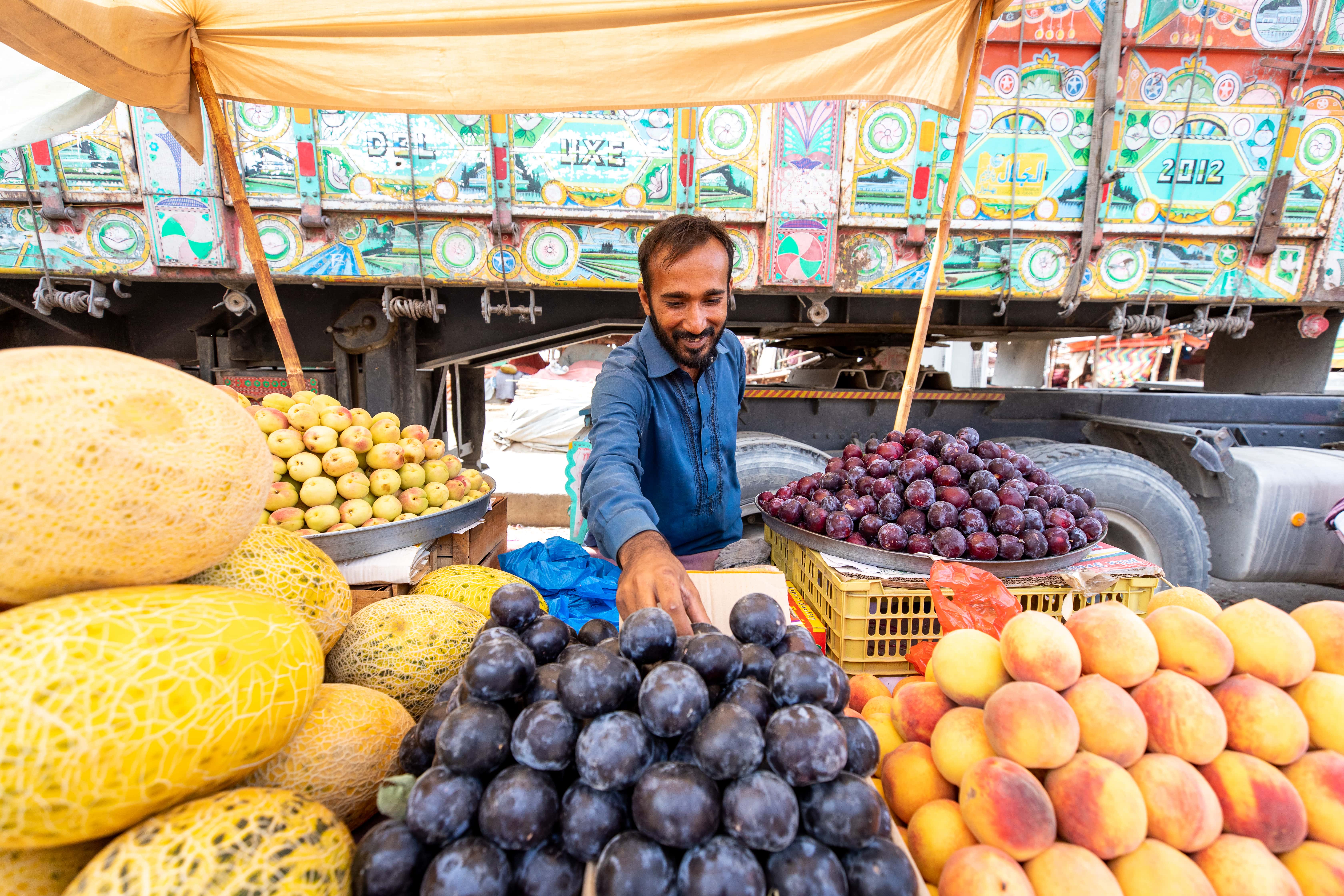
Much of Pakistan's fruit processing industry operates within the informal sector, characterized by small-scale operations, traditional methods, and limited access to modern technologies. These practices often result in inefficiencies, higher post-harvest losses, and limited product quality control. Market access and value addition are constrained, impacting income opportunities for smallholder farmers, particularly women. The Nutritious Fruit Bar Project was launched in April 2024 in collaboration with local food processing companies with the technical assistance of Arla Food Ingredients (AFI). The initiative aims to address the high post-harvest losses in apricots and dates by introducing environmentally friendly and sustainable processing techniques in transforming surplus produce of these fruits into value added fruit bars. GAIN coordinates activities between all partners. Ten fruit processing companies have been mobilized and equipped to produce protein balanced fruit based bars).. By fostering partnerships with global and local stakeholders through SBN, the project will scale operations to empower more businesses to adopt the innovation in Pakistan.
Partners
Resources:
Ethiopia
Growth through Fruit Transformation
Project period: 2021 – 2025
The Ethiopian population will nearly double by 2050. This, along with income growth, will lead to an increase in demand for processed food products. Agriculture is the key driver of the economy, responsible for 41% of GDP and 80% of employment, and papaya is the Ethiopia’s fourth most popular fruit. More than 890,000 farmers currently grow papaya.
Partners
GAIN Access to Better Dairy
Project period: 2017 – 2023
Only 7% of Ethiopian children aged 6-23 months meet the minimum acceptable dietary recommendations. Even in suburban areas, stunting is still as high as 25%, and the prevalence of anaemia is 49%. Women and children are particularly vulnerable. The lack of access to affordable and processed dairy products among low-income segments in Ethiopia is mainly because only 5% of farm milk reaches the formal market via professional dairy factories. Most of the milk produced is thus consumed by the farmers and their families, sold as raw milk, or lost. Milk loss is mainly due to inefficiencies within the dairy value chain in Ethiopia. 20-35% of the milk produced gets spoiled due to the lack of cold chain management, and a poor infrastructure for milk collection. Additionally, Ethiopia has a long-standing tradition of consuming multiple kinds of yoghurt from raw milk. Traditionally, yoghurt is called “ergo.” Until recently, only plain yoghurt was produced in the country. But now, different kinds of packed and sealed fortified and flavoured yoghurts from a variety of producers can be found on the shelves of food markets in Addis Ababa, targeting specifically children and lactating women within low and middle-income families.
Partners
Resources
Zambia
Nutrition for Zambia Project
Project period: 3 years (2018 – 2021)
Zambia is facing significant challenges in terms of chronic malnutrition and micronutrient deficiencies. At the same time, obesity is on the rise. Dairy products are locally available, but the current dairy-drink options on the market are filled with non-nutritious ingredients. This situation compelled the partners to work together to develop an ultra-high temperature processing (UHT), dairy-based nutritious drink.
The drink is produced from local milk and is fortified with key vitamins and minerals missing from the diet of many Zambians. It is designed to be nutritious, affordable and desirable for low-income consumers and the commercially sustainable business model has the potential to be replicated and scaled in other countries and markets.
Partners




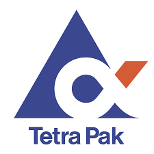
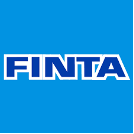
Resources
Download Milky Boost Project Brief
Contact
Onno has been working as a humanitarian and development professional for over 20 years managing programmes and operations in some of the world’s most challenging contexts. Most recently as Country Director for Save the Children in Afghanistan and Bangladesh

Onno van Manen
Head of GAIN Netherlands
